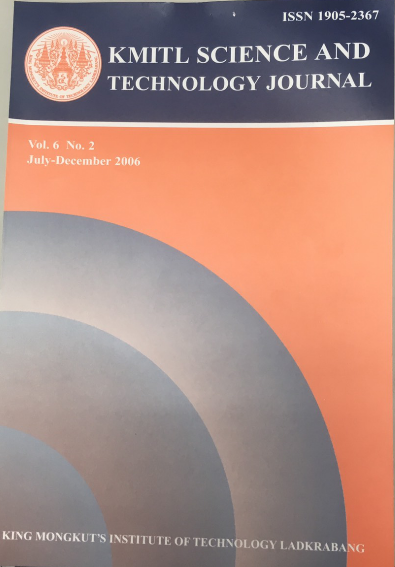Dengue disease is transmitted to the human by biting of the infected Aedes Aegypti. It can be found in the tropical regions of the world. There are four serotypes of dengue virus, namely DEN-1, DEN-2, DEN-3 and DEN-4. Because the length of the extrinsic incubation period (EIP) of the dengue virus while it is in the mosquito becomes longer as the mean daily temperature is lowered, this should effect the transmission of dengue disease. In this study, we use mathematical models to study the behavior of the transmission of dengue disease. We compare the mathematical model of dengue disease (without the effect of EIP) and the modified mathematical model of dengue disease (with the effect of EIP). We apply standard dynamic analysis to both mathematical models. Numerical results are shown for the two models. We found that dynamic behavior of endemic state changes while the influence of the seasonal variation of the EIP becomes stronger.
Keywords: dengue disease, mathematical model, SIR model, extrinsic incubation period.
Corresponding author: E-mail: kppuntan@kmitl.ac.th
Pongsumpun, P. . (2018). TRANSMISSION MODEL FOR DENGURE DISEASE WITH AND WITHOUT THE EFFECT OF EXTRINSIC INCUBARION PERIOD. Current Applied Science and Technology, 74-82.

https://cast.kmitl.ac.th/articles/94028